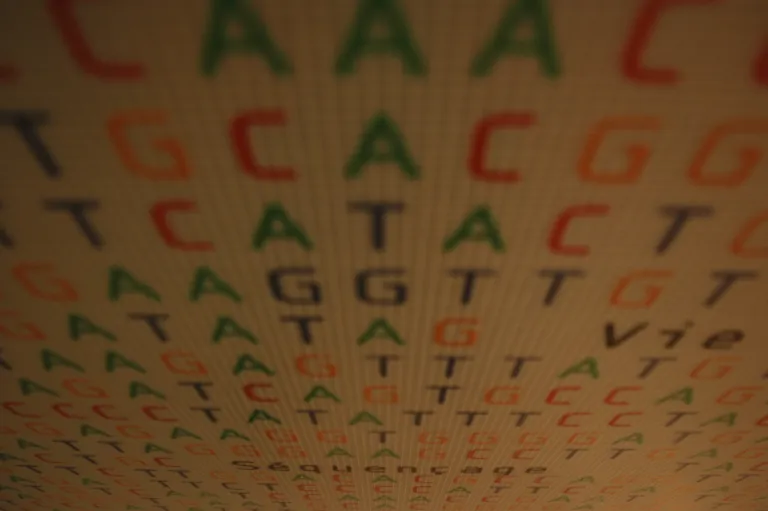A genome is a person’s complete set of DNA which provides the instructions to make and maintain their body’s functions. Throughout the entire genome, there are genetic differences between individuals known as single nucleotide polymorphisms or SNPs (pronounced “snips”). These variations may be unique or may occur in many people. Normally, these SNPs do not directly cause diseases. But SNPs can sometimes be associated with diseases, and can provide interesting and potentially important information. A genome-wide association study (GWAS) looks at the genomes of many individuals to identify these variations, with the goal of linking more of these variations to particular diseases.

What can these types of studies tell us?
Scientists have gathered plenty of information from GWAS. Once these genetic variations are identified, researchers can use this information to learn more about how diseases occur and affect certain people. For example, GWAS have successfully identified genetic variations that can contribute to diabetes, obesity, and heart disease.
These kinds of studies can also help with creating personalized medicine – where different strategies can be used by doctors to treat patients based on their genetic makeup. This can allow doctors to give patients the most effective treatments, while limiting bad side effects.
How are these kinds of studies conducted?
Researchers typically look at two groups of people: individuals with the disease that is being studied, and people without the disease. DNA is obtained from people in each group to be studied, typically through a blood sample, or skin cells. In order for these studies to work, researchers try to look at as many people as possible. It is a big task, and requires not just hundreds, but thousands of participants! This allows researchers to be confident in the conclusions that they make.
In the early 2000’s, researchers mapped out the complete human genome. Since then, more genetic information from more people have been catalogued. Databases have been created that make it easier for researchers to compare new genomes to ones that have already been sequenced. This makes it quicker and easier to identify genetic variations and how they can contribute to disease.
What has GWAS taught us about SCA?
Some forms of Spinocerebellar ataxia (SCAs) are members of a larger group of diseases known as polyglutamine diseases. This group of diseases are caused by an abnormally long stretch of repetitive segments in the DNA. Scientists have identified that more repeats generally correspond with earlier disease onset, however, this is not always the case. Therefore, scientists have established that disease onset may be affected by other things, such as their environment or other parts of their genome or genetic factors. If researchers can identify these genetic factors, it could improve how these diseases are treated.
The cells in your body are equipped with machinery that helps identify and repair damage to DNA that occurs thousands of times a day from normal cellular processes or the environment (such as sun damage). A few years ago, GWAS revealed that genes involved in these pathways could affect SCA disease onset, and this opened up a new and exciting route of discovery for scientists! Many scientists are currently exploring this route, and more will be done in the coming years to see if we can find new therapies.
If you are interested in reading more about this GWAS report, check out our summary on the paper.
If you would like to learn more about Genome-Wide Association Studies, take a look at these resources by the National Human Genome Research Institute and MedlinePlus.
Snapshot written by Dr. Claudia Hung, edited by Dr. Ray Truant and Celeste Suart.









